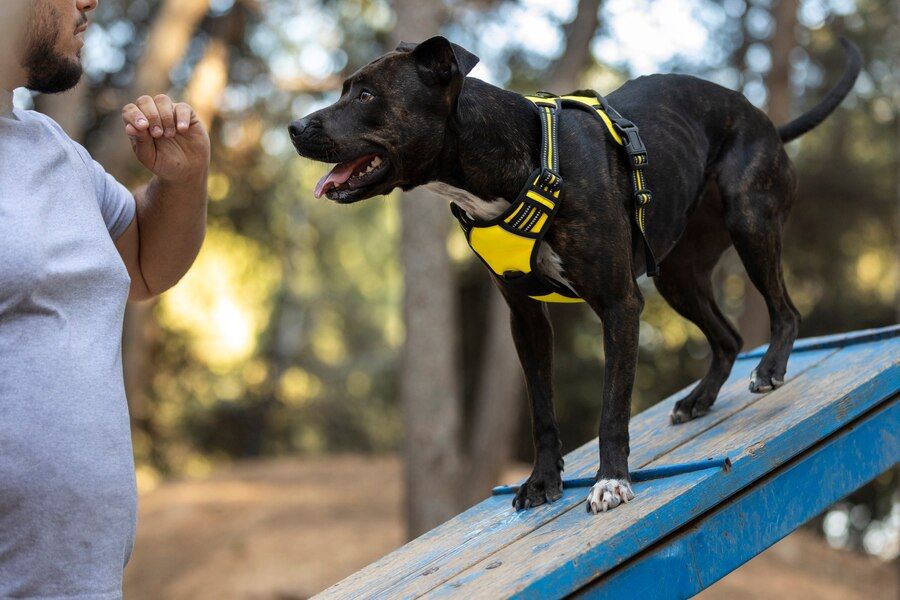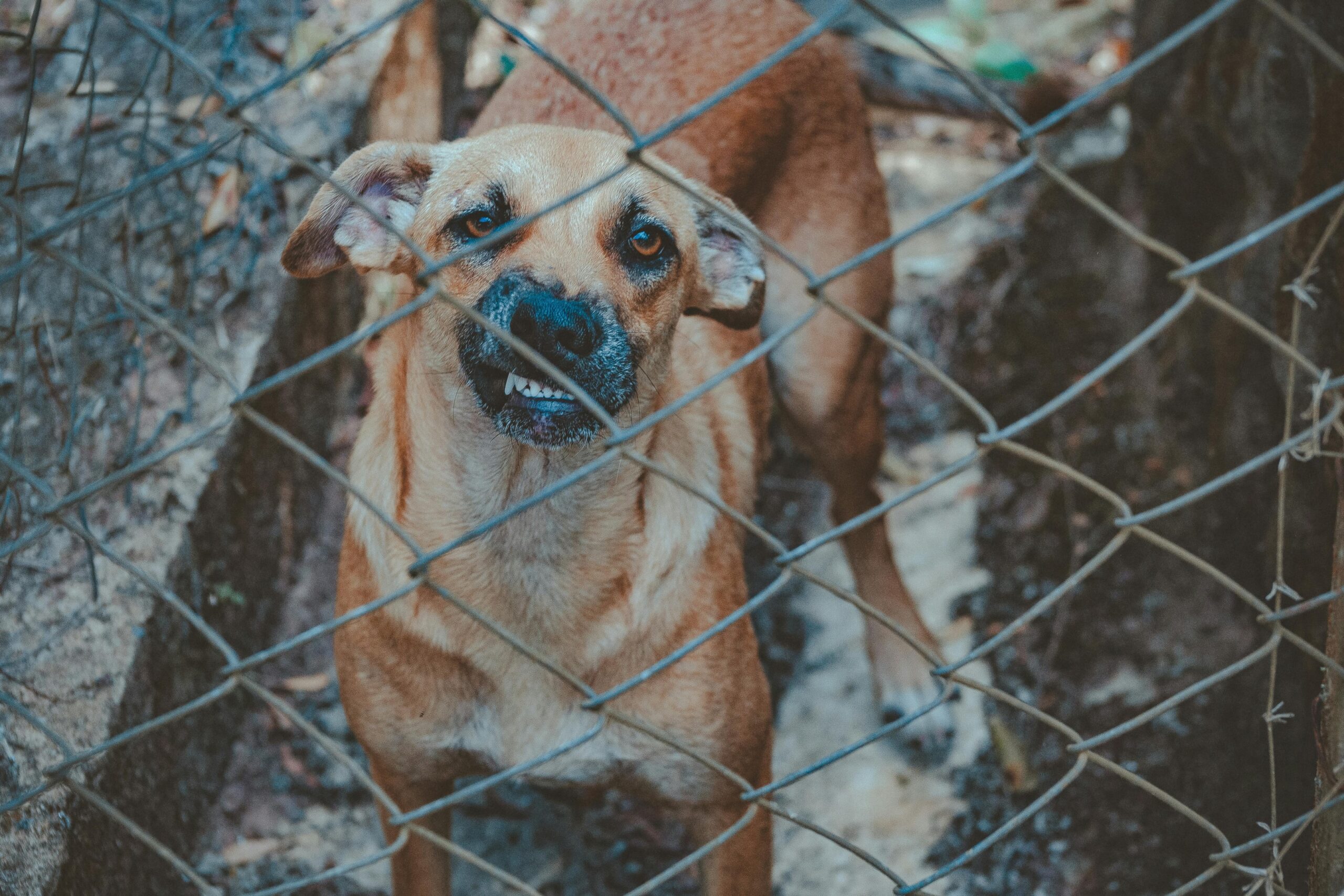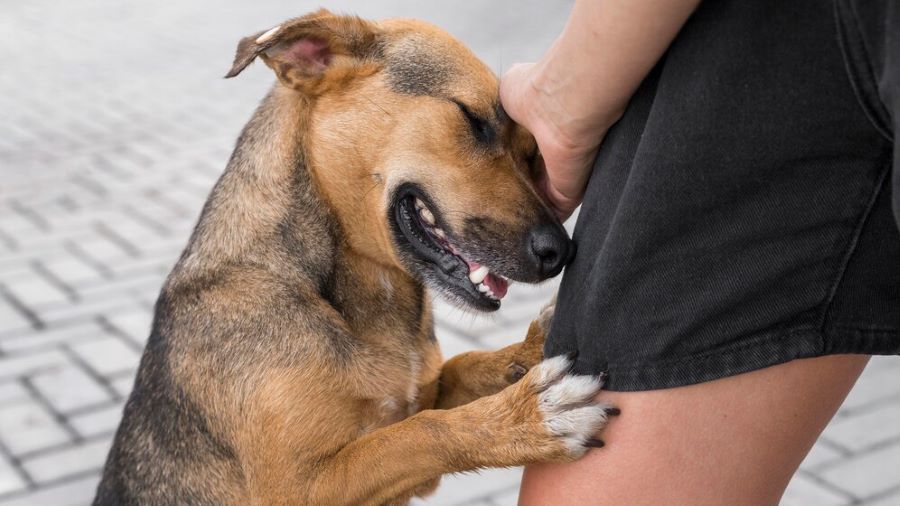
Service dogs play a crucial role in the lives of individuals with disabilities, providing vital assistance and support. However, despite their training and purpose, service dogs are still animals, and there are instances where they may bite or behave aggressively. When such incidents occur, it raises questions about liability and legal responsibilities. In this article, we delve into the complex legal landscape surrounding service dog bites, exploring the roles of dog owners, legal protections for service dogs, immediate steps following a service dog bite, and seeking compensation for victims.
Understanding Service Dog Bite Liability
Service dog bite liability refers to the legal responsibility for injuries or damages caused by a service dog’s bite or aggressive behavior. Unlike regular pet dogs, service dogs are often granted certain legal protections due to their specialized training and purpose. However, these protections do not exempt their owners from liability in the event of a bite incident.
Owners of service dogs in states such as California can be held accountable for any harm or destruction their dog causes, in accordance with Section 3342 of the California Legal Code, also referred to as ‘strict liability’. This law imposes a high level of responsibility on the owners. Consequently, service dog owners bear the brunt of their animals’ actions, bites included.
The Role of the Dog Owner in Service Dog Incidents
The owner of a service dog typically bears primary responsibility for any harm caused by their dog’s actions. This includes bites or attacks on other individuals or animals. Dog owners are expected to ensure that their service dogs are properly trained and well-behaved in public settings. Failure to maintain control over a service dog can result in legal consequences for the owner, including financial liability for damages and potential criminal charges in severe cases.
Legal Protections for Service Dogs
Service dogs are afforded certain legal protections under the Americans with Disabilities Act (ADA). According to the ADA, service animals such as dogs are allowed access to public places where animals are typically prohibited. This includes restaurants, stores, and other establishments. Additionally, service dog owners cannot be discriminated against based on their disability or the presence of their service animal.
Comparative Negligence and Its Impact
The determination of compensation in dog bite cases hinges significantly on comparative negligence rules. They assess shared fault between the dog owner and the victim. This concept is particularly pertinent in jurisdictions that do not have strict liability laws for dog bites.
Different states follow diverse approaches to comparative negligence, including pure and modified systems. In cases where the dog bite victim is partially at fault, their compensation can be reduced or even completely barred under contributory negligence systems.
Immediate Steps Following a Service Dog Bite
If you or someone you know has been bitten by a service dog, it’s essential to take immediate action to address the situation. The following steps can help protect your legal rights and ensure appropriate medical treatment:
Seek medical attention: Even minor dog bites can lead to infections or complications. It’s crucial to clean the wound thoroughly and seek medical evaluation to prevent any potential health risks. Medical care should be sought for any bites that break or puncture the skin, especially those on the face, hand, or foot due to a higher risk of infection. Dog bite wounds can lead to serious infections, including: Rabies, Capnocytophaga, Pasteurella, MRSA, Tetanus. These infections could result in permanent complications or even death.
Identify the dog and owner: Obtain the name and contact information of the service dog owner, as well as any witnesses to the incident. This information may be valuable if legal action becomes necessary.
Report to Local Animal Control: Reporting a dog bite to local animal control is crucial for documenting the incident, potentially labeling the dog as dangerous, and cooperating with investigations, serving as an official record for insurance purposes. They can document the incident and investigate any potential violations of animal control laws.
Document the injury: Take photographs of the bite wound and any visible injuries sustained during the incident. This evidence can support your claim if you decide to pursue legal action.
What Are Common Injuries Sustained from Service Dog Bites?
Service dog bites can cause a range of injuries, including lacerations, nerve damage, bone crush injuries, infections, fractures, dislocations, tendon damage, head trauma, and puncture wounds. It’s important to seek medical attention promptly if bitten by a service dog.
Can You Sue After Being Bitten by a Service Dog?
The query of liability when a service dog bites someone often gives rise to another question: “Is it possible to sue after being bitten by a service dog?” The answer is yes. The dog’s owner or the owners of the property where the bite occurred can be held liable if an individual is bitten by a service dog.
A person can take legal action if the service dog’s owner knew the dog was dangerous, should have known, or the dog has previously been deemed dangerous. The owner of the service dog can be subject to a claim if the dog bites the victim, whether it is the person bitten, the parents of the child, or the family of the deceased. This claim can be filed in the event of a dog bite causing injury or death.
When Is a Lawsuit Justified?
Determining if a lawsuit is warranted for a service dog bite hinges on factors like injury severity, incident circumstances, and owner behavior. While not all cases merit legal action, certain scenarios justify it:
Severe Injuries: Legal action may be warranted if the victim sustains significant injuries from the bite.
Permanent Disability or Impairment: If the bite results in lasting disability or impairment, a lawsuit may be necessary to cover long-term care and losses.
Provable Negligence: When the dog owner’s negligence contributes to the incident, legal recourse may be justified.
Aggravating Circumstances: Previous incidents or knowledge of the dog’s aggression can support legal action.
Refusal to Take Responsibility: If the owner refuses to acknowledge fault or provide fair compensation, a lawsuit may be necessary.
Emotional Distress: Victims suffering from emotional harm may seek damages through legal channels.
Violation of Legal Rights: Cases where legal rights, such as ADA protections, are violated may warrant legal intervention.
Proving Negligence or Strict Liability
In a service dog bite case, the plaintiff (the injured party) must establish either negligence or strict liability on the part of the dog owner. Negligence requires demonstrating that the owner failed to exercise reasonable care in controlling their dog, resulting in the bite incident. Strict liability, on the other hand, holds the owner accountable for any harm caused by their dog, regardless of fault or negligence.
Seeking Compensation: Your Rights and Potential Damages
Victims of service dog bites may be entitled to compensation for various damages, including medical expenses, lost wages, pain and suffering, and emotional distress. By filing a lawsuit against the dog owner, injured individuals can seek financial recovery for both economic and non-economic losses incurred as a result of the bite incident.
An attorney specializing in dog bite cases can provide valuable assistance in navigating the complexities of compensation claims, including situations involving emotional support animals and therapy dogs, such as an emotional support animal with no specialized training.
How to Calculate Damages
Calculating damages in a service dog bite case involves assessing the full extent of the victim’s losses and expenses. This may include:
Medical bills: Costs associated with emergency treatment, hospitalization, surgery, medications, and follow-up care.
Lost wages: Compensation for income lost due to missed workdays or diminished earning capacity resulting from the injury.
Pain and suffering: Non-economic damages for physical pain, emotional distress, and psychological trauma caused by the dog bite.
Property damage: Reimbursement for any property damage resulting from the incident, such as torn clothing or broken personal belongings.
Filing a Claim for a Service Dog Bite: A Step-by-Step Guide
If you’re considering filing a claim for a service dog bite, it’s essential to follow the proper legal procedures to protect your rights and maximize your chances of success. Here’s a step-by-step guide to navigating the claims process:
Consult with a personal injury attorney: Seek guidance from an experienced attorney who specializes in dog bite cases. They can evaluate your claim, explain your legal options, and provide expert representation throughout the process.
Gather evidence: Collect all relevant evidence related to the dog bite incident, including medical records, photographs, witness statements, and documentation of any expenses or losses incurred.
File a claim with the dog owner’s insurance company: Notify the dog owner’s insurance provider of your intention to seek compensation for the injuries sustained in the dog bite incident. Provide them with the necessary evidence to support your claim.
Negotiate a settlement: Work with your attorney to negotiate a fair settlement with the insurance company that adequately compensates you for your damages. Be prepared to engage in negotiations and provide additional evidence as needed.
Consider litigation: If a settlement cannot be reached through negotiation, you may choose to pursue litigation by filing a lawsuit against the dog owner. Your attorney will guide you through the legal process and represent your interests in court.
How an Attorney Facilitates Your Service Dog Bite Case
Engaging an attorney with expertise in dog bite law can ease the process, even though the aftermath of a service dog bite can be daunting. Experienced lawyers contribute their expertise and dedication, serving as an essential resource for victims of service dog bites.
Attorneys can:
Guide victims through the maze of state-specific dog bite laws
Lawyers assess the viability of your claim and damages.
Attorneys collect medical records, photos, and witness statements.
Develop a comprehensive legal strategy
Manage communications with insurance companies, ensuring victims’ rights are protected while striving for a just settlement.
Attorneys aim to secure full compensation for all damages.
Lawyers provide expert advocacy in court if necessary.

Consult a Practiced Personal Injury Attorney at BLG
In conclusion, service dog bite liability is a complex legal issue that requires careful consideration of various factors. While service dogs provide invaluable assistance to individuals with disabilities, they are not exempt from the law in case of biting incidents.
Understanding your rights and legal options is essential if you or someone you know is bitten by a service dog. By seeking timely medical attention, gathering evidence, and free consultation with legal professionals, you can pursue justice and compensation for your injuries. Remember, holding negligent dog owners accountable not only protects individual rights but also promotes safety and accountability in our communities.
If you’re seeking legal assistance for a service dog bite incident in Nevada, BLG is here to help. Our experienced team of personal injury attorneys has a proven track record of success in handling dog bite cases and advocating for the rights of victims and the compensation they deserve.
Contact us today to schedule a free consultation.





